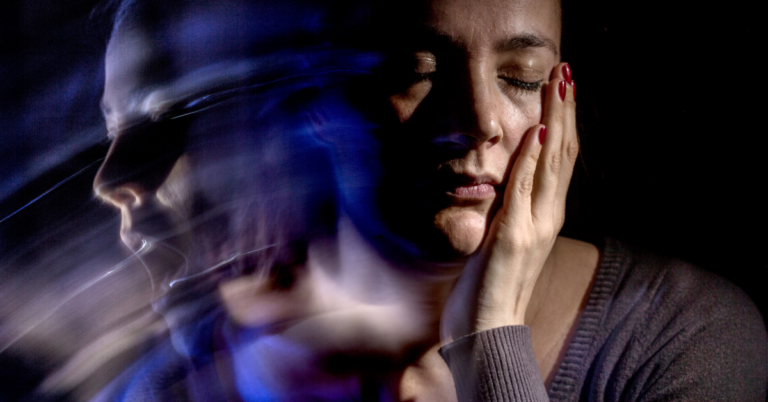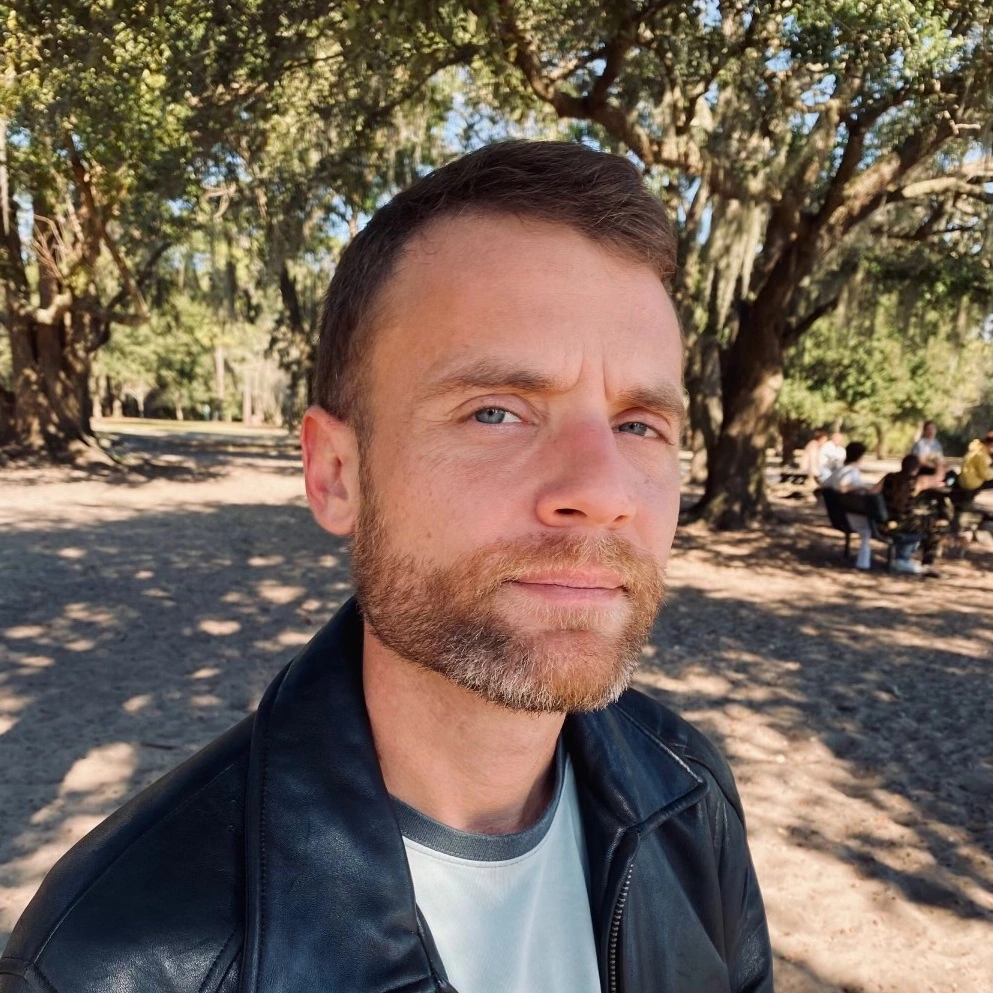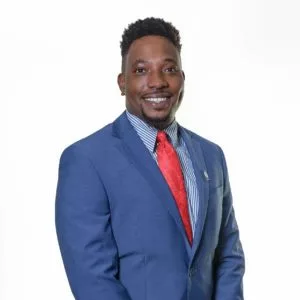Psychotic Disorder Treatment
Psychotic disorders are severe mental health conditions that disrupt a person’s ability to think clearly, manage emotions, and perceive reality. Symptoms such as hallucinations, delusions, and disorganized thinking can significantly impact daily life. If you or a loved one is experiencing these symptoms, professional help is crucial.
Psychotic disorder treatment involves a comprehensive approach to stabilize acute symptoms, address the underlying substance use, prevent relapse, and support long-term recovery. Legacy Healing Center integrates these strategies to help individuals manage symptoms effectively and minimize the risk of future psychotic episodes.
The addiction specialists at our Cincinnati rehab center are dedicated to helping people manage psychosis and regain control through evidence-based approaches and expert care.
What Is a Psychotic Episode?
A psychotic episode occurs when someone loses touch with reality. These episodes can be triggered by mental illness, substance use, or extreme stress. Psychotic disorders are severe mental health conditions characterized by distorted thinking and perceptions. They typically involve symptoms such as:
- Hallucinations: Individuals experience sensory perceptions that aren’t real, like hearing voices or seeing things.
- Delusions: Involve firmly held false beliefs, often paranoid or grandiose
- Disorganized thinking: Potentially complicates communication
- Abnormal motor behavior: Makes daily activities challenging
Understanding psychotic episodes can help families recognize the need for timely intervention. Promptly seeking psychosis treatment reduces the severity and duration of these episodes and allows individuals to begin recovery.
How Long Can a Psychotic Episode Last?
The duration of a psychotic episode varies depending on the underlying cause and treatment. Episodes can last from hours to weeks or longer without intervention. Early and consistent treatment for psychosis is critical in order to reduce the duration and prevent future episodes.
Comprehensive Psychotic Disorder Treatment at Legacy Healing Center
At Legacy Healing Center, we offer specialized psychotic disorder treatment to address the unique challenges faced by those struggling with psychosis. Diagnosis involves a thorough evaluation, including clinical interviews, psychological testing, and medical examinations to rule out other causes. Treatment approaches are based on scientific research and evidence of effectiveness.
Our services include:
- Acute Psychosis Treatment: Immediate care to stabilize sudden, severe episodes and prevent complications
- Medications for Psychotic Disorders: Antipsychotic medication-assisted treatment plays a crucial role in managing symptoms by targeting chemical imbalances in the brain. Our professionals carefully monitor each patient’s response to these treatments.
- Therapy and Counseling: Evidence-based therapies like cognitive behavioral therapy (CBT) and family counseling support emotional healing and teach coping strategies for long-term success.
Early intervention and personalized care at a psychotic treatment center are crucial for managing psychotic disorders effectively.
Schizophrenia Treatment
Schizophrenia, a chronic and severe mental disorder, is managed through a comprehensive treatment approach that includes medication, psychotherapy, and supportive services. Antipsychotic medications, both typical and atypical, are central to psychotic disorder treatment, targeting symptoms like hallucinations and delusions. Long-acting injectables and clozapine may be used for those who need closer monitoring or people with treatment-resistant symptoms.
Our Cincinnati Mental Health Services
Choosing the right facility in Cincinnati for mental health care is an important step in recovery. Legacy Healing Center stands out for its commitment to personalized care, compassionate staff, and evidence-based treatments.
We exclusively offer mental health treatment services in Cincinnati, Ohio, ensuring a focused approach to address the needs of our local community. Our healthcare professionals are equipped to handle the complexities of psychotic disorders and provide patients with the tools they need for lasting stability.
Take the First Step Toward Recovery
Your mental health is vital; seeking help is a courageous step toward a brighter future. At Legacy Healing Center, our comprehensive psychotic disorder treatment will guide you toward lasting recovery.
Contact us today to learn more about our programs and begin your journey to healing. For additional insights and resources, we encourage you to check out our blog for more information about mental health and recovery.
FAQs
What can trigger psychosis?
Psychosis can be triggered by a variety of factors, including high stress levels, sleep deprivation, substance use (especially cannabis and stimulants), underlying mental health conditions like schizophrenia or bipolar disorder, and sometimes physical conditions like infections or brain injuries.
How quickly can psychosis be treated?
Early intervention is key. Psychosis can often be treated effectively with a combination of medication, therapy, and support. The duration of treatment varies from person to person, but some individuals see improvement within weeks to months with proper care.
What things worsen psychosis?
Several factors can exacerbate psychosis, such as continued substance use, high stress, social isolation, and disruptions in sleep patterns. It’s crucial to avoid triggers and maintain a stable environment to support recovery.
Who is most prone to psychosis?
While psychosis can affect anyone, certain risk factors increase vulnerability. These include a family history of psychosis, substance use (especially in adolescence), major stressors or trauma, and certain mental health conditions like schizophrenia or bipolar disorder.
Do you ever fully recover from psychosis?
Yes, many people fully recover from psychosis, especially with early intervention and ongoing treatment. Recovery involves managing symptoms and achieving personal goals. Support from mental health professionals, family, and friends plays a crucial role in the recovery process.






